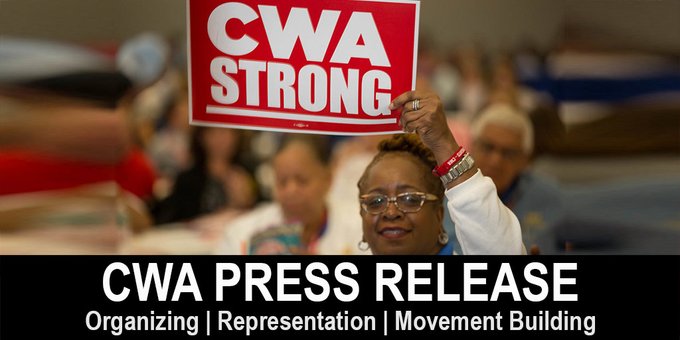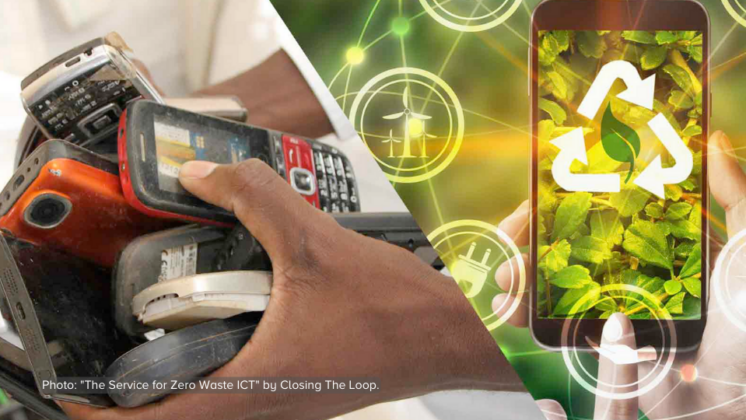Many international lighting companies like Philips, Osram, General Electric, etc, have refused to accept any responsibility for the management of mercury-bearing waste mandated under the new E-waste Rules, 2016.
However, the same companies for long have been fulfilling their commitments under the ‘Waste of Electrical and Electronic Equipment'(WEEE) directive of the European Union(EU), and are responsible for the end of life management of mercury bearing lamps in all the member states of the EU. It is ironical that they refuse to abide by similar rules in India and have challenged the government’s notification by moving a petition in the Delhi High Court.
Even countries like Taiwan, Nigeria and many states in US and Canada have adopted the mandatory EPR for collection and recycling of mercury bearing lamps. Some countries like Australia, Hong Kong have adopted voluntary mechanism where the producers have played a key role for collection and recycling of these lamps.
The revised E-waste Rules have brought Compact Fluorescent Lamps (CFL) and other mercury containing lighting equipment under its ambit, by mandating that manufacturers have to take responsibility for the collection, transportation and disposal of fluorescent and other mercury-containing lamps under the EPR (one of the most progressive principles on waste management), and have also set in place stringent provisions for violations. By challenging the Rules, these companies have shown a blatant disregard for the laws of the land, besides making it amply clear that their responsibility to the environment is driven by a sense of geography rather than a sense of propriety.
“These companies are opposing the EPR principle in the new E-waste Rules in India by challenging it in the court, which is in stark contrast to their actions in Europe. This exposes their double standards and reflects that these international companies have very little consideration for the adverse impacts of mercury on health of Indian citizens,” says Satish Sinha, Associate Director, Toxics Link.
The new E-waste Rules were notified in 2016 after sustained efforts of organisation’s like Toxics Link and others to include fluorescent and other mercury bearing lamps in the Rules. Even the Hon’ble National Green Tribunal in its order dated July 7, 2015, has instructed for the adoption of EPR for management of mercury- bearing lights. This is a significant move towards meeting India’s global commitment to reduce adverse impacts of mercury emissions and protect human health and environment. Allowing these companies to flout the rules in India will be a step back.
Some of these companies have given information on their websites about them adhering to the WEEE directive.
“This clearly indicates that some of the petitioners, including Phillips, Osram, and General Electric have set up collection and recycling companies (Eco Lamp, EkoGaisma, Recolight) in various countries of Europe for environmentally sound management of mercury and mercury-bearing lamps,” said Piyush Mohapatra, Senior Programme Coordinator, Toxics Link.
“It is unfortunate that these international companies are opposing EPR in India. India is one of the biggest lighting markets of the world, perhaps larger than Europe. These companies have the experience of collecting and recycling mercury-bearing lights in an environmentally sound manner, which they have been doing in Europe for a long time. Instead of opposing the Rules, they should come forward and set an example by setting up systems in India. This will not only help protect the environment, but will also create green jobs in the country,” said Ravi Agarwal, Director, Toxics Link.









